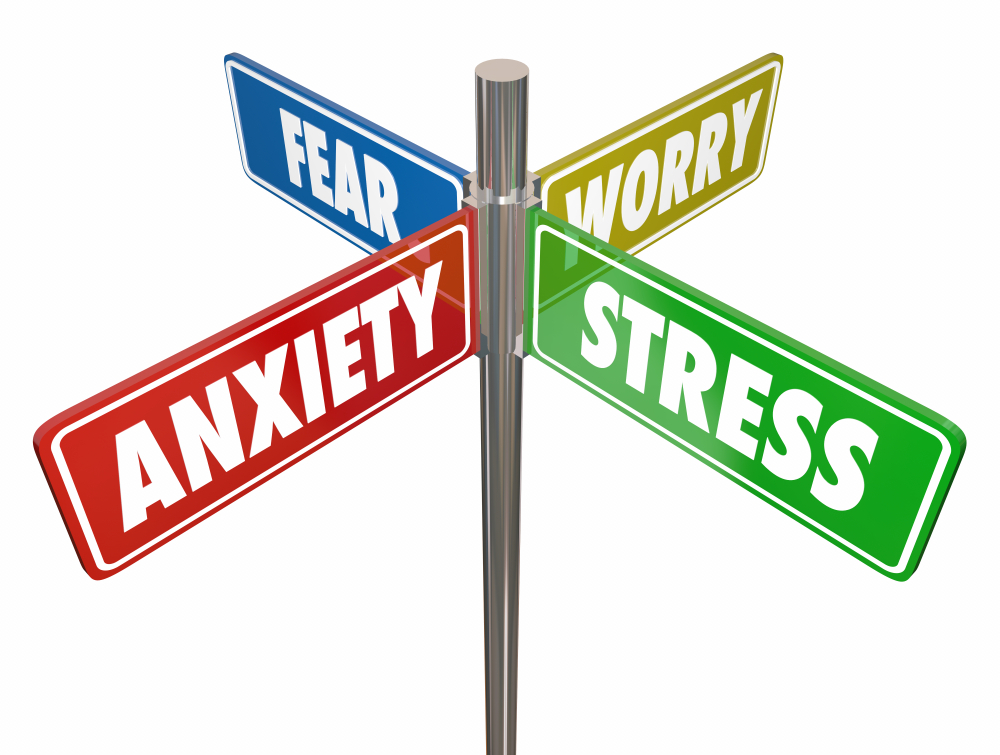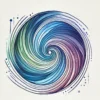Anxiety can be been explained as “the body’s automatic fight-or-flight response that is triggered when you feel threatened, under pressure, or are facing a challenging situation, such as a job interview, exam, or first date.”
It is the body’s natural response to stress. The feelings of anxiety can range from mild to severe. There are several benefits to experiencing occasional anxiety, as Psychology Today asserts that “anxiety is built into our primate origins as a warning system.” Anxiety can help you avoid danger because its presence elicits a heightened state of alertness which in turn can help to detect and attend to potential threats. Anxiety can enhance empathy. Situational anxiety can contribute to boosting your motivation and increasing performance levels. Nevertheless, the symptoms of anxiety can be unpleasant, and it is helpful to learn different strategies that can decrease stress and assuage anxiety.
Natural Ways To Reduce Stress And Anxiety
There are a variety of strategies that can help you learn how to best manage your anxiety and reduce your stress. Consider the following suggestions:
- Engage in physical activity and exercise regularly: exercising is one of the body’s natural ways of releasing endorphins, which help to reduce pain and increase pleasure, making you feel happier, less stressed, and enhances your overall mood.
- Embrace nature: spend time outside and soak in a little extra vitamin D. Climbing a mounain can feel energizing, swimming in a natural body of water can be cathartic and witnessing the wonders of wildlife in nature can be calming.
- Get creative: engaging in creativity can be an excellent emotional outlet, stress-reliever, and mood booster; consider painting, sculpting, ceramics, cooking, etc.
- Laugh at the funny things: research shows that laughter can boost one’s immune system, ease pain, enhance relaxation, reduce depression, and alleviate stress.
- Explore relaxation methods: test out as many different relaxation methods as you can to figure out what resonates with you best. Consider trying meditation, yoga, reading, listening to music, journaling, etc. to help quiet your mind. Research has found that meditation can help lower blood pressure, reduce feelings of anxiety and depression, improve insomnia, and more.
- Breathe: practicing breathing techniques can effectively help with relaxation, stress management, control of psychophysiological states, and improved organ function. Focus on slowing down your breath to help pull your focus away from your anxiety and onto your breath.
- Acknowledge your feelings: instead of trying to avoid them, by acknowledging and naming your feelings, you can help diffuse and let go of your angst.
Although there are many ways to reduce stress on your own, there may be some situations that require additional, outside support, and it is important to get help when you need it.
Anxiety Disorders
While fleeting anxiety is unavoidable, it is not healthy for an individual to experience persistent and debilitating symptoms of anxiety. An individual may be struggling with an anxiety disorder when pervasive anxiety interferes with his or her ability to function in daily life. The National Alliance on Mental Illness (NAMI) asserts: “Anxiety disorders are a group of related conditions, each having unique symptoms. However, all anxiety disorders have one thing in common: persistent, excessive fear or worry in situations that are not threatening.” There are currently five distinct types of anxiety disorders listed in the Diagnostic and Statistical Manual of Mental Disorders, Fifth Edition (DSM-5). They include the following:
- Generalized anxiety disorder (GAD): characterized by severe ongoing anxiety and exaggerated worry and tension (even when there is little or nothing to provoke it) that interferes with daily activities.
- Obsessive-compulsive disorder (OCD): characterized by intrusive, unreasonable thoughts and/ or fears (obsessions) that commonly lead to compulsive, repetitive behaviors.
- Panic disorder: characterized by the sudden onset of recurring panic attacks that occur spontaneously and without cause.
- Post-traumatic stress disorder (PTSD): characterized by symptoms of avoidance and nervous system arousal after experiencing or witnessing a traumatic event.
- Social anxiety disorder (social phobia): characterized by severe feelings of self-consciousness and insecurity in social settings.
The exact cause for developing an anxiety disorder remains unknown. Research suggests that it is likely due to a combination of contributing factors such as psychological, environmental, genetic, and developmental factors. According to Johns Hopkins Medicine anxiety disorders affect up to 18% of the population, making it the most common mental health condition in the United States. If you are experiencing frequent and/ or severe bouts of anxiety it is best to err on the side of caution and obtain an evaluation from a qualified mental health professional.
Further Information and Support
The challenges that arise from living with mental illness can quickly become all-consuming and impossible to navigate. Proper diagnosis and treatment can significantly improve one’s overall well-being and quality of life. Seeking help is never easy, but you are not alone! We at Arizona Psychiatric Health, believe in the uniqueness and complexity of every individual. We strive for excellence in systematic evaluation; and provide unparalleled psychiatric services that focus on professionalism, compassion, discretion, and optimal outcome to ease the pain of mental illness, and to help our patients achieve their fullest potential.
If you or someone you know needs mental health treatment, we strongly encourage you to pursue professional guidance as soon as possible. We are available to answer any questions and are certainly happy to discuss how we might best be able to help you or your loved one cultivate a healthy, authentic, and fulfilling life that both promotes and supports true wellness. Feel free to contact us by phone at 602-883-2318 or via email. We look forward to supporting you on your journey.






